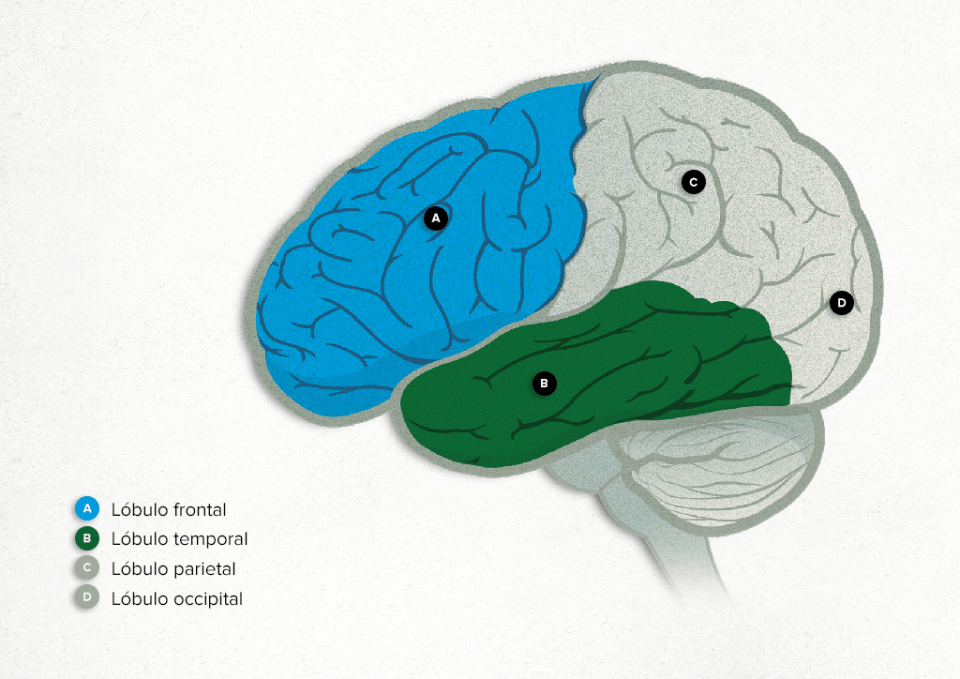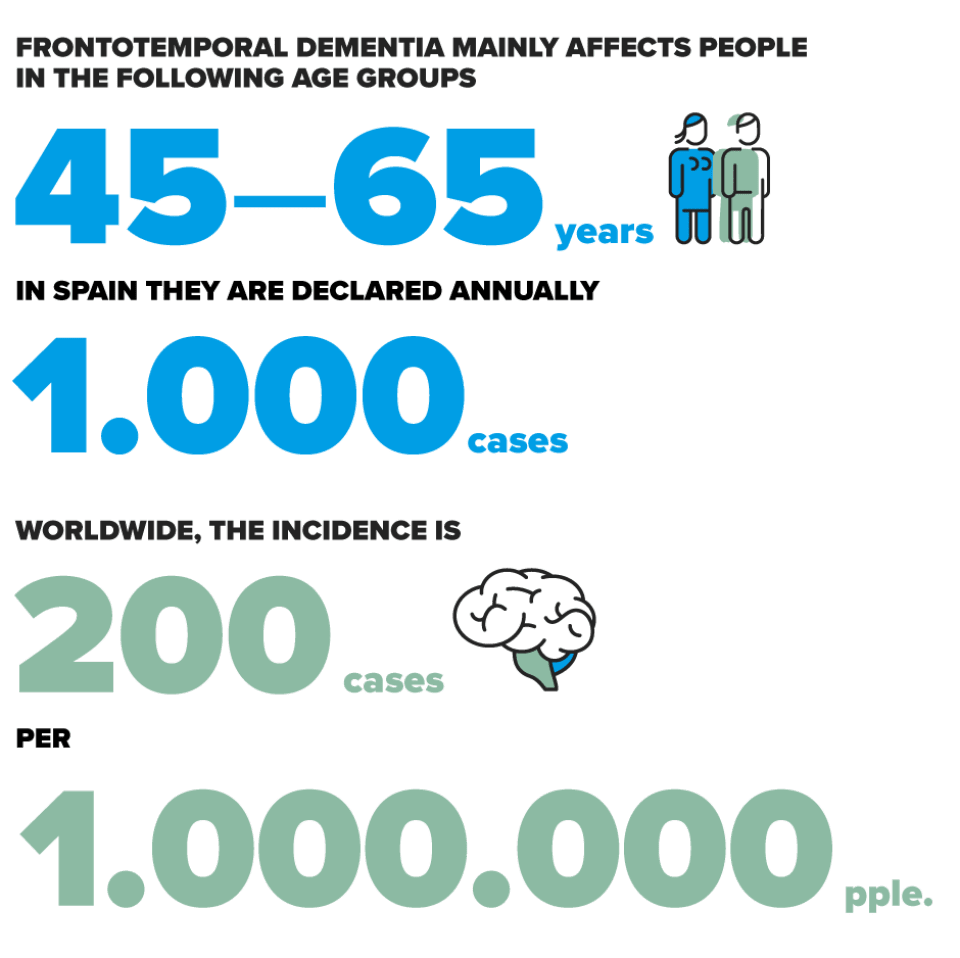Substantiated information by:
Núria Montagut Colomer
Neurologist
Neurology Service
Sergi Borrego Écija
Neurologist
Neurology Service
Published: 6 October 2021
Updated: 28 April 2025
The donations that can be done through this webpage are exclusively for the benefit of Hospital Clínic of Barcelona through Fundació Clínic per a la Recerca Biomèdica and not for BBVA Foundation, entity that collaborates with the project of PortalClínic.
Subscribe
Receive the latest updates related to this content.
Thank you for subscribing!
If this is the first time you subscribe you will receive a confirmation email, check your inbox
An error occurred and we were unable to send your data, please try again later.



